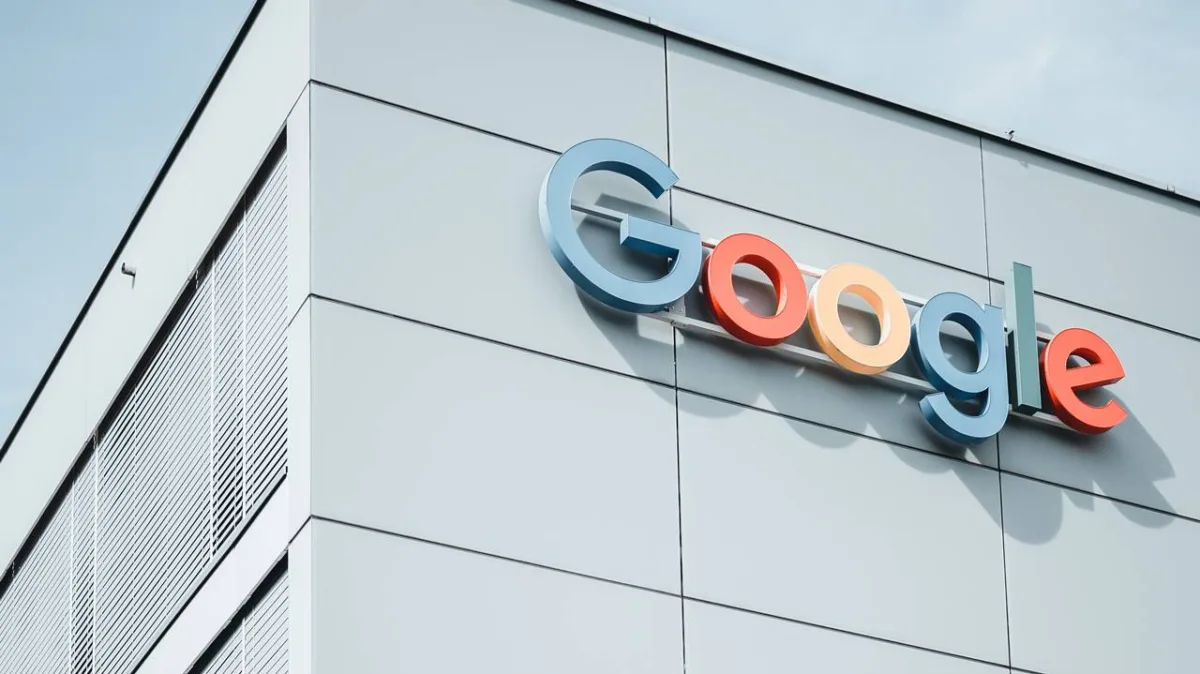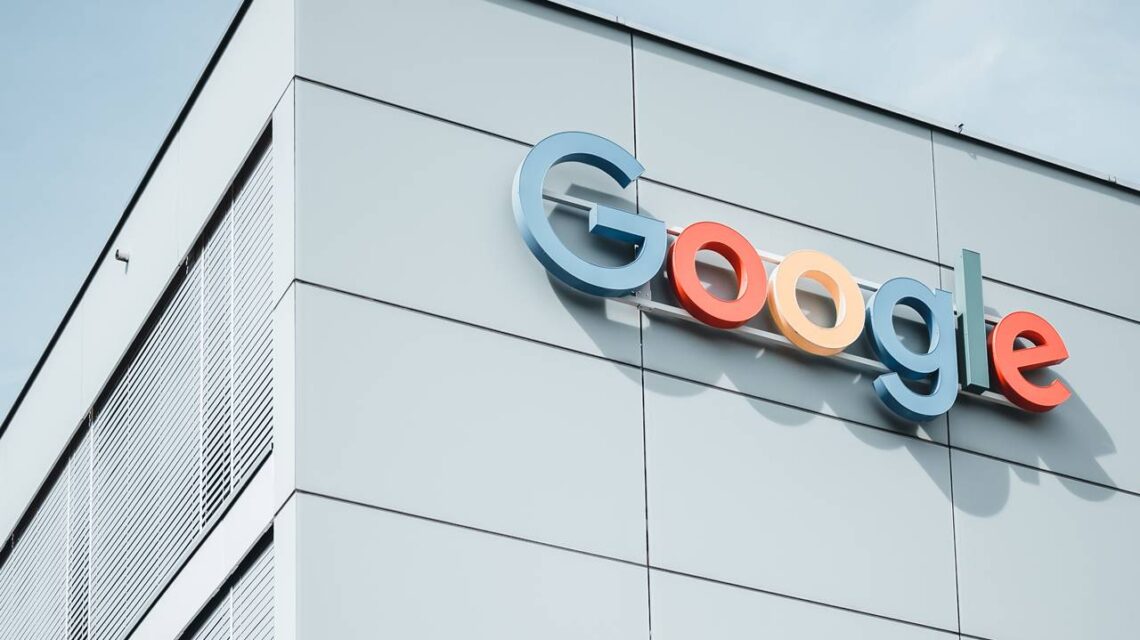In a groundbreaking move, Alphabet, the bigwig behind Google, has made the call to put an end to a substantial Play Store’s antitrust lawsuit by coughing up a whopping $700 million. This decision comes hot on the heels of serious allegations tossed by all 50 U.S. states and consumers, who argue that Google played a bit dirty in its bid to rule the roost in the Android app realm via the mighty Google Play Store.

The heart of the matter lies in allegations that Google strong-armed developers into exclusive agreements, artificially inflating app prices in the process. The steep 30% cut Google took from every Play Store transaction didn’t sit well with developers and consumers, prompting a closer look at these business practices.
To address these concerns head-on, Google is embarking on a multifaceted settlement strategy. A substantial chunk of the settlement, a cool $630 million, is set aside to compensate consumers who might have felt the pinch from overpriced in-app purchases on the Play Store. The distribution details of this fund are still pending court approval.
Adding to the settlement arsenal is a separate $70 million fund earmarked for the states, giving their Attorneys General the freedom to allocate funds according to their discretion.
In a bid to foster a more open and fair app ecosystem, Google is giving developers the option to use separate billing systems. This move is a win-win, offering developers greater flexibility and a 4% reduction in those hefty transaction fees.
Furthermore, developers now have the green light to offer different pricing options within their apps, injecting a dose of variety for consumers. Google is also relaxing its grip on app downloads, making it easier for users to directly download apps from developers’ websites, bypassing the Play Store hoopla.
Changes are also in store for sideloading apps. Instead of the ominous warning, users will now be greeted with a message highlighting the potential risks involved, adding a touch of transparency to the process.
One of the most noteworthy shifts is Google relinquishing some control over alternative app stores for phone makers. Manufacturers are no longer bound by Play Store exclusivity, gaining the liberty to pre-install other app stores sans Google’s permission. Looking ahead to Android 14, these alternative stores will even manage app updates independently, chipping away at Google’s hold over the app kingdom.
This settlement marks a turning point in the ongoing battle over tech industry antitrust issues, holding the promise of injecting more competition and innovation into the Android app landscape.

















